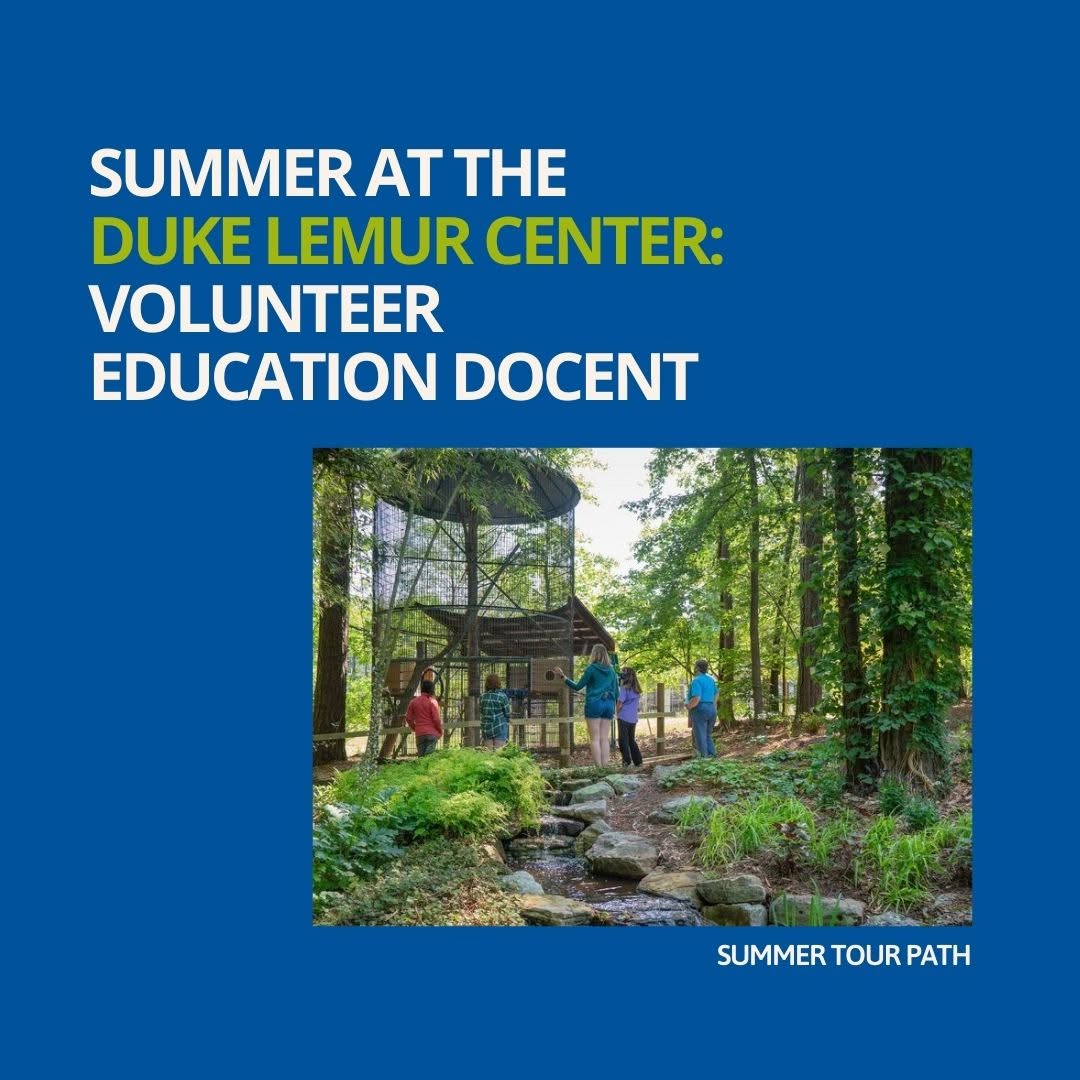- Volunteering at Lemur Conservation Centers offers a unique opportunity to engage with wildlife conservation efforts, especially for those interested in animal behavior and ecosystem preservation.
- Lemurs play a vital role in their ecosystems, serving as seed dispersers and influencing forest composition, making their conservation critical to biodiversity.
- Participating as a volunteer docent provides the chance to learn and educate about lemurs, wildlife conservation, and the significance of biodiversity.
- Wildlife conservation involves collaborative efforts that extend beyond the confines of traditional conservation methods, requiring public involvement and education.
- Volunteering at institutions like lemur.duke.edu fosters personal growth, enhances public speaking skills, and encourages a relationship with wildlife and environmental stewardship.
Volunteering offers an enriching pathway to immerse oneself in the essence of wildlife conservation. Engaging as a volunteer at lemur conservation centers like the Lemur Center at Duke University allows individuals to directly contribute to preserving one of Earth’s most fascinating primates. The opportunity is not only about supporting lemur conservation but also about gaining a profound understanding of animal behavior, ecology, and the broader implications of environmental stewardship. Whether your 2025 New Year’s resolution includes volunteering or meeting new people, the role of an education docent at lemur.duke.edu encapsulates all three.
Lemurs are more than just charismatic creatures endemic to the biodiversity hotspot of Madagascar. They perform essential roles in their habitats, especially as seed dispersers. By transporting seeds through their diet and deposit sites, they influence forest composition and regeneration. This ecological service is invaluable; it supports a multitude of other species and helps maintain ecosystem stability. Thus, the conservation of lemurs holds far-reaching implications for maintaining biodiversity and ecosystem health.
The call for volunteer education docents at the Duke Lemur Center highlights an inclusive approach to involving people of all ages. With no prior lemur knowledge or public speaking experience required, this initiative opens doors to those eager to learn and educate others. As conservation efforts increasingly rely on public support and engagement, volunteers play a pivotal role. They act as conduits for information, bridging the gap between scientific research and community awareness. This approach empowers the public to participate actively in conservation efforts.
Wildlife conservation has evolved into a multifaceted endeavor requiring not just scientific research but also community involvement and education. Traditional methods alone are insufficient in the fight against biodiversity loss. Conservationists now recognize the necessity of public participation, as widespread awareness and support can bolster conservation initiatives. By volunteering, individuals contribute to spreading essential knowledge, fostering a deeper public understanding of the importance of preserving our natural world.
For those venturing into volunteer roles at institutions like lemur.duke.edu, the experience can be transformative. Beyond the immediate contributions to conservation, volunteers often experience personal growth. They acquire new skills, such as public speaking, critical thinking, and environmental interpretation, that are applicable in various aspects of life. More importantly, this engagement fosters a lasting appreciation for biodiversity and instills a sense of responsibility towards our environmental heritage. Through such participatory roles, volunteers are equipped to become ambassadors for wildlife conservation, encouraging a wider societal commitment to preserving nature.
Volunteering as an education docent is not merely a service but a deeply rewarding educational journey. Those who step into this role will find themselves learning about the nuanced behavior and complex social structures of lemurs, as well as the conservation challenges they face. These insights are shared with visitors, promoting a culture of curiosity and conservation awareness. Armed with factual information, docents can inspire others to appreciate and protect these remarkable animals.
The goal is not just to volunteer but to create an informed public that is enthusiastic about contributing to wildlife conservation. By integrating social engagement with education, volunteer programs can amplify their impact, extending the reach of conservation messages far and wide. As more people become invested in these efforts, the potential for positive change grows exponentially.
In summary, whether one’s interest lies in personal development, community engagement, or a deeper connection with wildlife conservation, volunteering at lemur.duke.edu presents a multidimensional opportunity. It invites individuals into a community dedicated to protecting and understanding one of nature’s great wonders. Through education and interaction, volunteers leave a lasting imprint—not only on the lives of the lemurs they help conserve but also within their own personal growth and understanding of the world.
*****
Source Description
Does your 2025 New Year’s resolution include volunteering, lemurs, or meeting new people? What about all three? 👀
➡️ lemur.duke.edu/volunteer
Applications are now open for our volunteer education docents! We’re looking for folks of all ages with a passion for learning and chatting. Absolutely no previous lemur knowledge or public speaking experience is required 🤗


